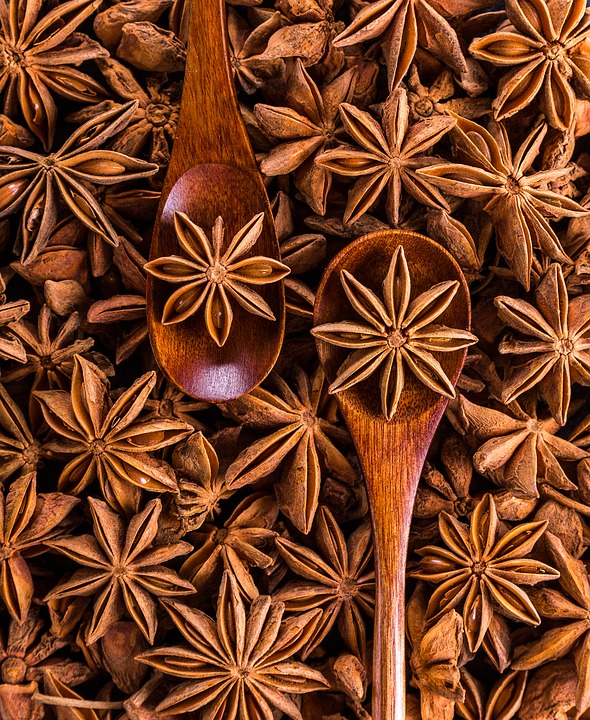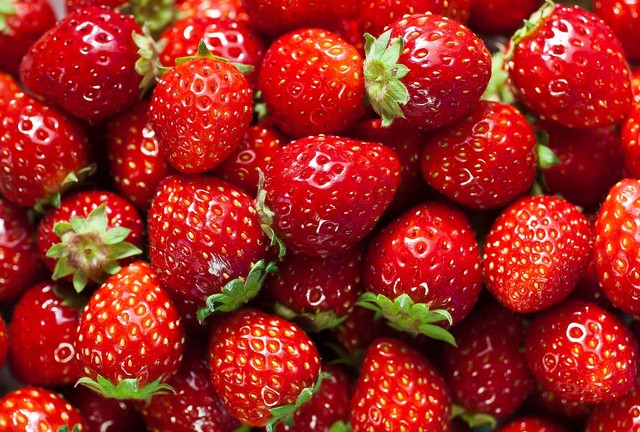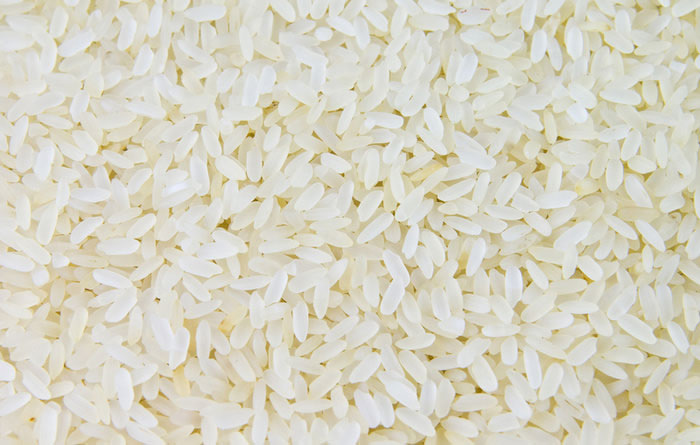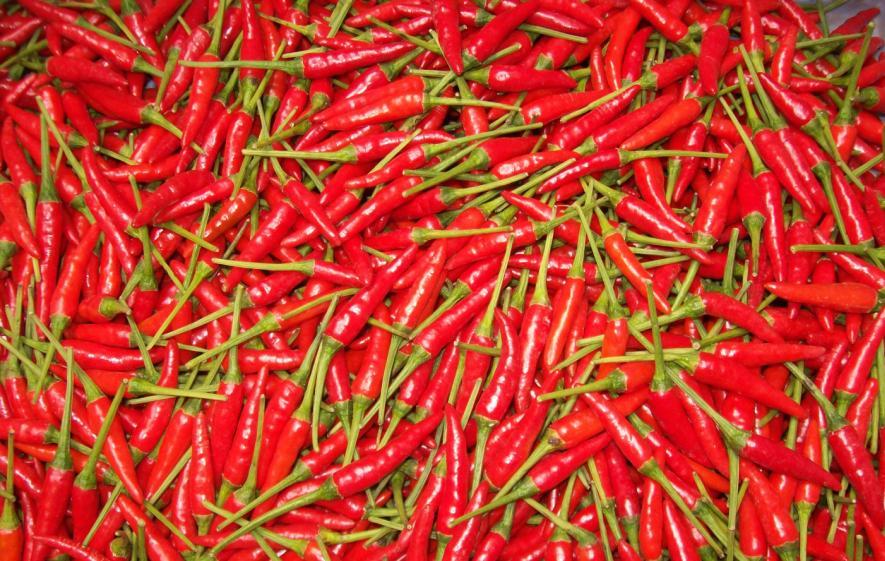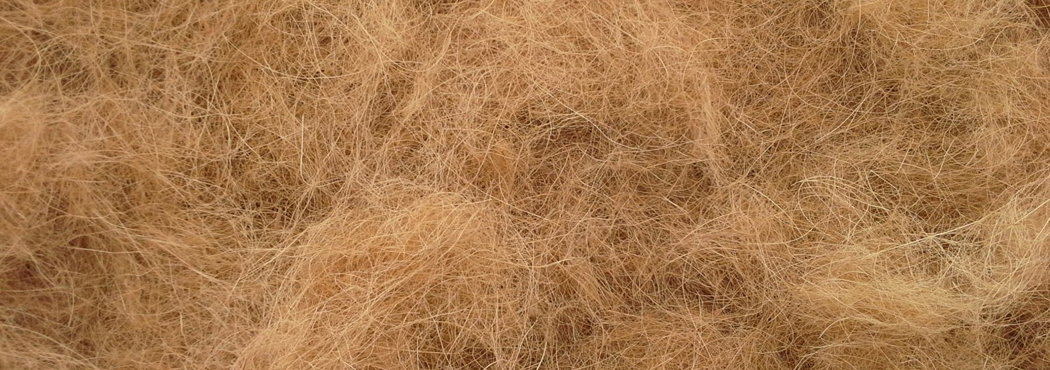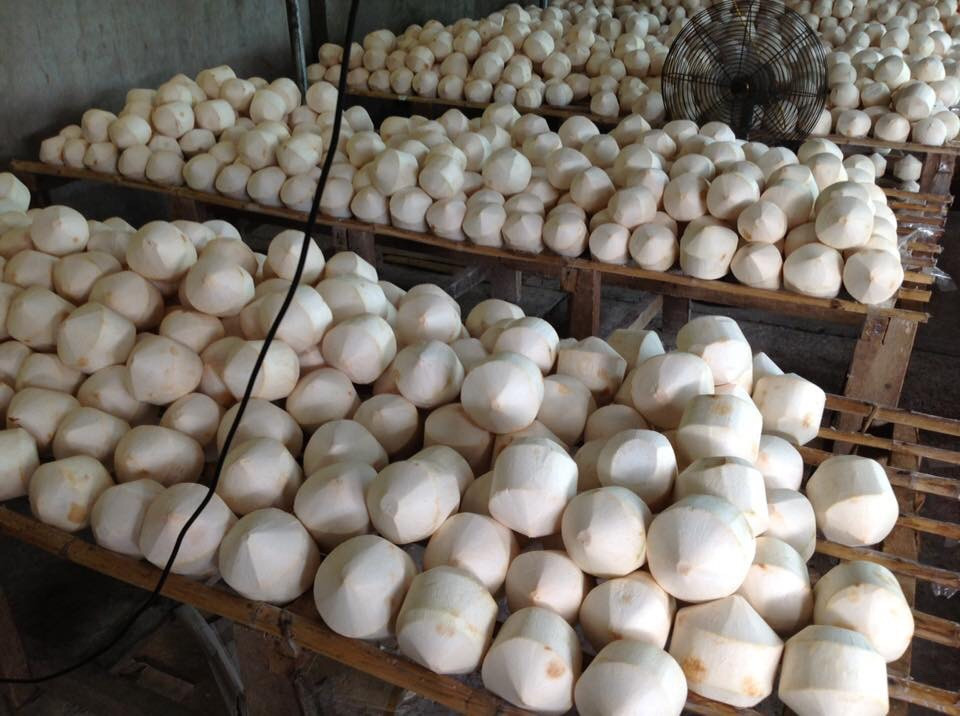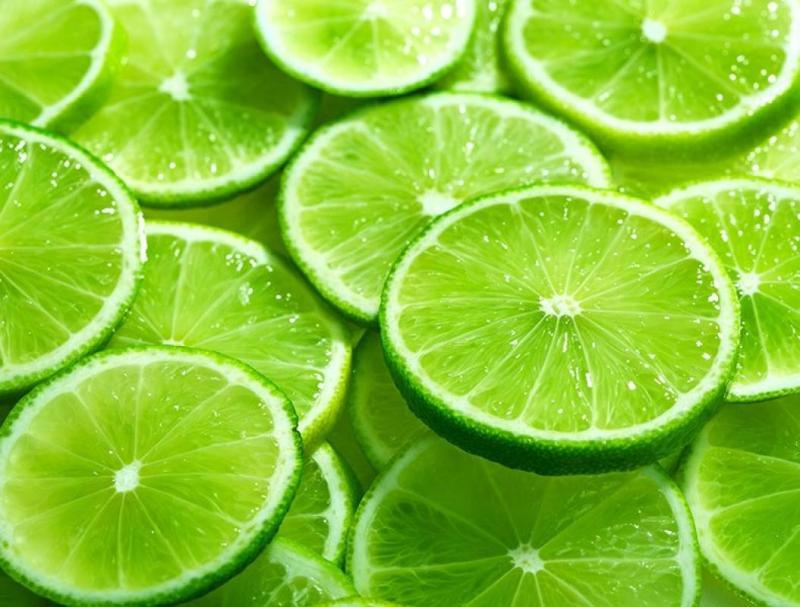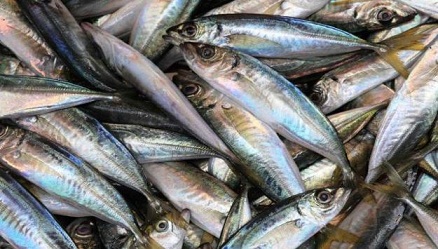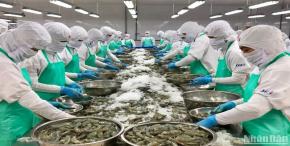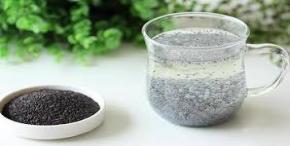News
Coco peat
Update: 9/21/2019
Coco peat (cocopeat), also known as coir pith, coir fibre pith, coir dust, or simply coir, is made from coconut husks, which are byproducts of other industries that use coconuts.
Coir waste from coir fiber industries is washed, heat-treated, screened and graded before being processed into coco peat products of various granularity and denseness, which are then used for horticultural and agricultural applications and as industrial absorbent.
Usually shipped in the form of compressed bales, briquettes, slabs or discs, the end user usually expands and aerates the compressed coco peat by the addition of water.
A single kilogram of coco peat will expand to 15 litres of moist coco peat.
Common uses of coco peat include:
- As a substitute for peat, because it is free of bacteria and most fungal spores, and is sustainably produced without the environmental damage caused by peat mining.
- Mixed with sand, compost and fertilizer to make good quality potting soil. Coco peat generally has an acidity in the range of pH - 5.5 to 6.5. It is a little on the acidic side for some plants, but many popular plants can tolerate this pH range.
- As substrate for growing mushrooms, which thrive on the cellulose. Coco peat has high cellulose and lignin content.
Coco peat can be re-used up to three times with little loss of yield. Coco peat from diseased plants should not be re-used.
 |
Specification
|
